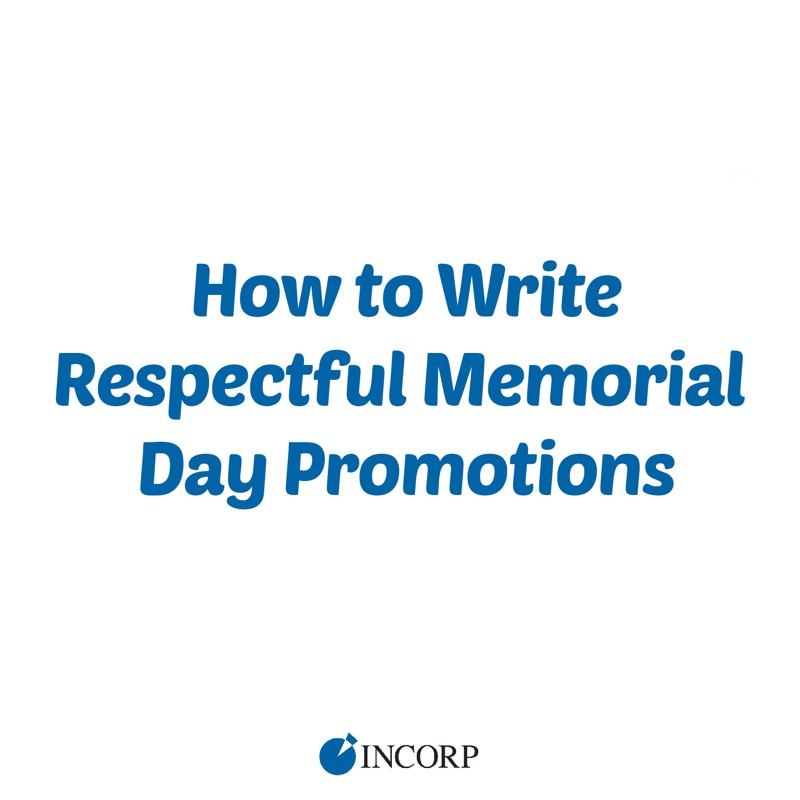Stay in the know!
Join our newsletter for special offers.
Your name is Pat. You had an older sibling named Chris who died on the job a few years ago. You miss Chris dearly, but you appreciate that the death occurred in the line of duty, fulfilling what Chris felt was a higher purpose. Nevertheless, there are days where you experience sorrow, others where you feel anger at the loss of a sibling, and others still where you feel intense survivor's guilt. But you do your best to set all that aside and live your life in a fashion that honors Chris' memory.
Now imagine that on Chris' birthday, people come to YOU and wish you a happy birthday. Okay, honest mistake. You'll let it go. Then it happens again. And again. Over and over, complete strangers mistake the day as YOUR day. You started off appreciative for the reminder of a loved one, but by the end of the day, you're angry at being the center of attention on Chris' day and you're depressed because you've had a nonstop stream of reminders that he's gone. And even worse, it happens year after year after year.
Sounds horrific, right? The idea that a completely innocent mistake based on the best of intentions could cause such irritation and outright pain? This is precisely the same mess caused every year on Memorial Day when people realize a veteran is in their midst, and they proceed to shower that vet with words of gratitude and respect. But when a business makes the same mistake? Now you have the added element of the appearance that that business is attempting to profit off of its ignorance, or worse yet, knowingly exploiting a day set aside for deceased war heroes for monetary gain.
The roots of Memorial Day extend all the way back to 1868 (possibly earlier, depending on the source) when it was decided to decorate the graves of those who died in war as a gesture of appreciation for their sacrifice. As it expanded, it was eventually observed as a federal holiday in 1971. Now, as then, the intent is to honor those who made the ultimate sacrifice for our country. However, in many an American's mind, Memorial Day (last Monday in May), Veteran's Day (November 11), and Armed Forces Day (third Saturday in May) are all for thanking anyone and everyone who has or is serving in the military. It's an honest mistake, and one born from the best of patriotic intentions, but as we saw in our introductory scenario, it can be awkward at best and emotionally painful at worst for the recipient of misdirected gratitude.
Honoring those deceased military service members who died while serving their country.
Honoring anyone who served in the military (typically includes acknowledging both past and present military personnel).
Honoring ONLY those currently serving in the military.
Now that you understand the impact misdirected acknowledgment can cause a veteran, consider these good initiative/bad judgment actions:
"Come in and celebrate Memorial Day with our amazing 2-for-1 drink specials!"
"Wishing all our veterans a Happy Memorial Day!"
"All veterans get 10% off this Memorial Day as a thank you!"
"Memorial Weekend in ________! All the Sales, Specials, & Celebrations!"
Stick with the basics. Red, white, and blue, "Memorial Day Sale" or "Memorial Day Specials." You're featuring your promotions without misrepresenting the holiday or focusing on the wrong group of Americans.
You could also post patriotic, non-promotional messages on social media using "safe" phrases such as the following:
"In honor of those who made the ultimate sacrifice"
"Gratitude for those who gave all"
"Thank You"
"We remember"
It may seem complicated but just remember Pat and Chris. That little bit of effort on your part can make a world of difference to those carrying invisible burdens. You'll paint your business as a knowledgeable, respectful member of the community and, most importantly show your appreciation for the true meaning of the holiday.
Join our newsletter for special offers.
